(#AmazonAdLink)  My book, (#AmazonAdLink) What is Hell? is now available (#AmazonAdLink) on Amazon. I am doing a series of podcast studies that focus on some of the content from the book. The studies look at the eight key terms that are often equated with hell, and about a dozen key passages that are thought to teach about hell.
My book, (#AmazonAdLink) What is Hell? is now available (#AmazonAdLink) on Amazon. I am doing a series of podcast studies that focus on some of the content from the book. The studies look at the eight key terms that are often equated with hell, and about a dozen key passages that are thought to teach about hell.
If you want to learn the truth about hell and what the Bible actually teaches about hell, make sure you get a copy of my book, (#AmazonAdLink) What is Hell?
Also, if you are part of my discipleship group, there will be an online course about hell as well.
In this study, we will consider Matthew 18:8-9 to see whether or not the reference to hell in this text refers to everlasting torment in fiery flames.
What is the meaning of “hell” in Matthew 18:8-9?
Let us begin by looking at the text of Matthew 18:8-9.
“If your hand or foot causes you to sin, cut it off and cast it from you. It is better for you to enter into life lame or maimed rather than having two hands or two feet, to be cast into the everlasting fire. And if your eye causes you to sin, pluck it out and cast it from you. It is better for you to enter into life with one eye, rather than having two eyes, to be cast into hell fire.”
The teachings of Jesus in Matthew 18 are very similar to Matthew 5:22, 29. But we are discussing this text of Matthew 18:8-9 because it contains extra details which help us understand both passages.
Jesus speaks of hell and describes it as being a place of everlasting fire.
The word for hell is gehenna, which, as we learned in a previous study, was a literal place outside the walls of Jerusalem. It was also known as the Valley of Hinnom and was a horrifying place of worms, fire, decay, and death.
Gehenna was a garbage heap that had been set on fire to consume its contents and cover the stench of rotting refuse and corpses. The everlasting fire, therefore, refers to the fire of Gehenna that burned day and night, seemingly forever and ever.
The nature of city garbage dumps, however, is that they attract the poor and the sick.
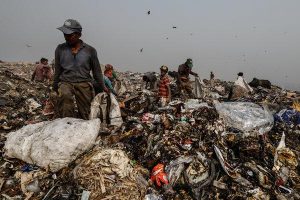 In that day (as in our own day), those who were stricken by poverty or sickness would visit the garbage dump in an attempt to find something to eat or sell.
In that day (as in our own day), those who were stricken by poverty or sickness would visit the garbage dump in an attempt to find something to eat or sell.
For example, in the days of Jesus, scavenging for food and clothing in the garbage dump was often the only way that lepers could survive. It is the lepers that often frequented Gehenna which led Jesus to teach what He does here in Matthew 18:8-9.
While leprosy itself does not cause someone to lose their eyes, ears, nose, or limbs, it was not uncommon for people with advanced cases of leprosy to lose body parts or appendages due to infection, amputation, or accident.
If someone has no feeling in their feet, it is possible for them to accidentally put their foot too close to the fire at night while sleeping, thereby causing it to burn. If they are burned bad enough, they might need to amputate their foot.
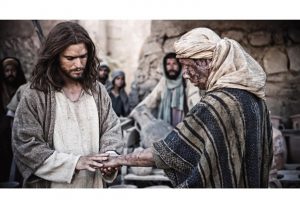 This is the situation Jesus has in mind. Some people, when they first saw a hint of leprosy on their hand or foot, would rather cut off their hand or foot and go through life maimed, than be officially diagnosed with leprosy and be sent to live in Gehenna, where the fire burned day and night.
This is the situation Jesus has in mind. Some people, when they first saw a hint of leprosy on their hand or foot, would rather cut off their hand or foot and go through life maimed, than be officially diagnosed with leprosy and be sent to live in Gehenna, where the fire burned day and night.
Similarly, if someone’s eye is injured, and it begins to putrefy or rot, it is better to pluck it out than to leave it in and allow the corruption to spread to the rest of the body. If this were to happen, the person would eventually be sent to Gehenna. It is better to lose an eye than to spend your last days there.
So Jesus is NOT warning people about everlasting torture in hell…
When this cultural context is understood, we see that Jesus is not warning people that if they sin in this life, they will end up in a fiery torture chamber in the next.
Instead, Jesus is saying that sin leads to damaging and destructive consequences in this life.
If we want to avoid those consequences, some drastic steps are sometimes needed.
A person who finds themselves infected with the rot of addiction or the decay of bad influences should cut those places or people out of their life so that the disease does not spread and cause greater damage to themselves or to others whom they love.
Matthew 18:8-9 is not a warning about the afterlife
So Matthew 18:8-9 is not a warning about the afterlife, but an instruction about preserving your life here and now.
The surrounding context gives several applications of exactly how to do this.
Jesus teaches that His disciples should cut pride out of their life if they want to experience the kingdom of God (Matthew 18:1-5).
He provides instructions for how to rescue a lost sheep (Matthew 18:10-14) by going to them with one or two others.
But if they do not heed or listen, then they should be cut out of your life as well (Matthew 18:15-20).
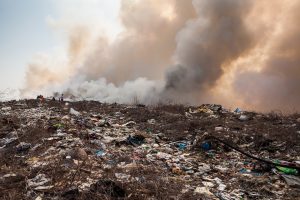 Jesus also speaks about the importance of forgiving others as we have been forgiven (Matthew 18:21-35) so that we give up our need to be repaid for wrongs done against us.
Jesus also speaks about the importance of forgiving others as we have been forgiven (Matthew 18:21-35) so that we give up our need to be repaid for wrongs done against us.
The point of the entire context is that it is better to go through life (this life!) without pride, certain friends, and a defense of justice than to maintain such things but to lose yourself, your family, your friends, and your finances in the process. This is what Jesus is teaching.
Matthew 18:8-9 is not a warning about everlasting punishment in hell, but is rather a warning about the experience of a hellish life here and now.Yes, Jesus mentions “everlasting fire” in the context. To understand this term, we will study Matthew 25:41 next week…
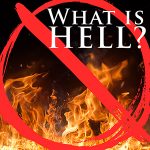 Do you have more questions about hell? Are you afraid of going to hell? Do want to know what the Bible teaches about hell? Take my course "What is Hell?" to learn the truth about hell and how to avoid hell.
This course costs $297, but when you join the Discipleship group, you can to take the entire course for free.
Do you have more questions about hell? Are you afraid of going to hell? Do want to know what the Bible teaches about hell? Take my course "What is Hell?" to learn the truth about hell and how to avoid hell.
This course costs $297, but when you join the Discipleship group, you can to take the entire course for free.


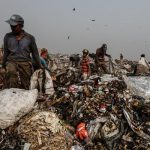
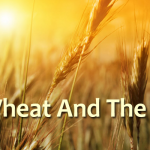
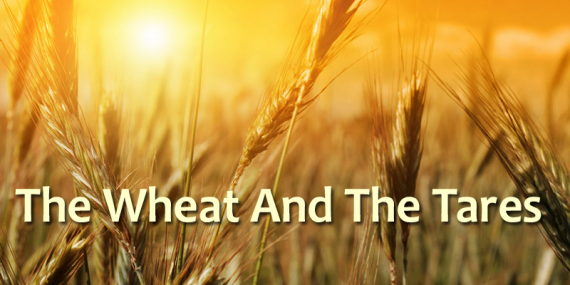
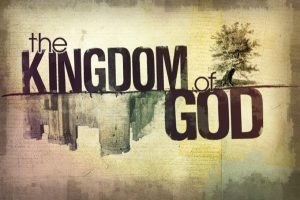 The kingdom of God, therefore, is the rule and reign of God on earth, here and now as a replacement for the kingdoms of men.
The kingdom of God, therefore, is the rule and reign of God on earth, here and now as a replacement for the kingdoms of men.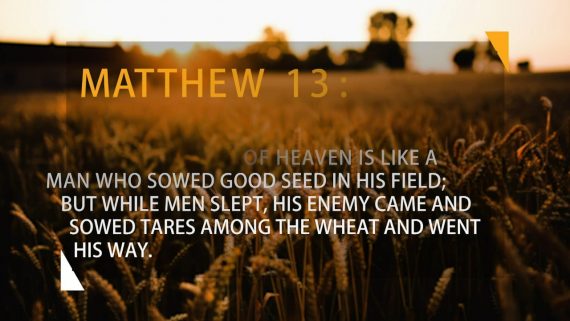
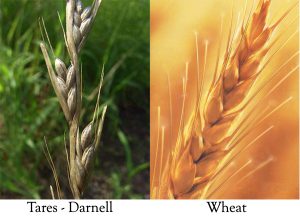 Since wheat and darnel appear so identical, the presence of the tares in the field goes unnoticed until the grain begins to “go to crop,” or develop a head. This is why the servants only notice the tares once the wheat begins to mature (Matthew 13:26).
Since wheat and darnel appear so identical, the presence of the tares in the field goes unnoticed until the grain begins to “go to crop,” or develop a head. This is why the servants only notice the tares once the wheat begins to mature (Matthew 13:26).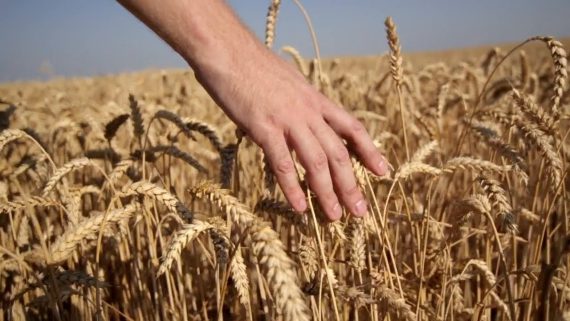
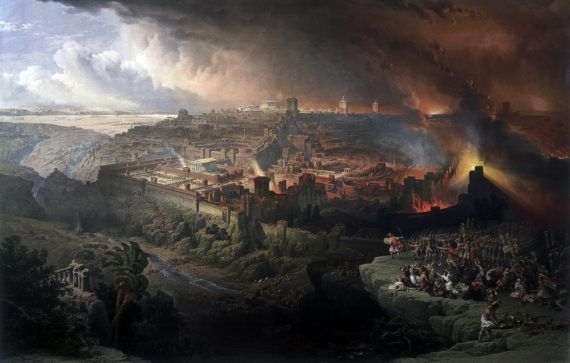
 In Matthew 8:12, it refers to those who are sons of the kingdom. In Matthew 13:42, it refers to those who were gathered out of God’s kingdom, indicating that they were in it to begin with. In Matthew 13:50, the image is of two types of people caught in the same net (which is a symbol of the kingdom of God), and one type is pulled out and experiences this weeping and gnashing of teeth. In Matthew 22:13, the phrase describes a man who is actually at the wedding banquet. And in both Matthew 24:51 and Matthew 25:30, it is used in connection to the experience of a servant who did a poor job serving his master.
In Matthew 8:12, it refers to those who are sons of the kingdom. In Matthew 13:42, it refers to those who were gathered out of God’s kingdom, indicating that they were in it to begin with. In Matthew 13:50, the image is of two types of people caught in the same net (which is a symbol of the kingdom of God), and one type is pulled out and experiences this weeping and gnashing of teeth. In Matthew 22:13, the phrase describes a man who is actually at the wedding banquet. And in both Matthew 24:51 and Matthew 25:30, it is used in connection to the experience of a servant who did a poor job serving his master.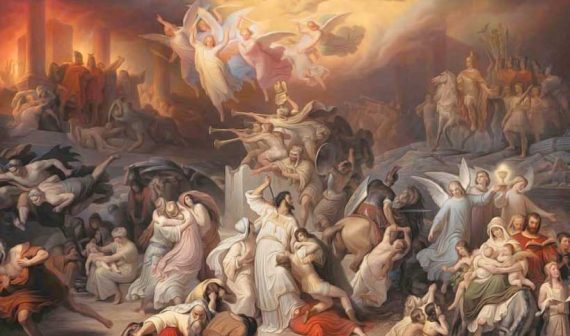
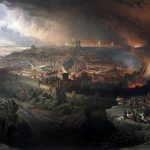
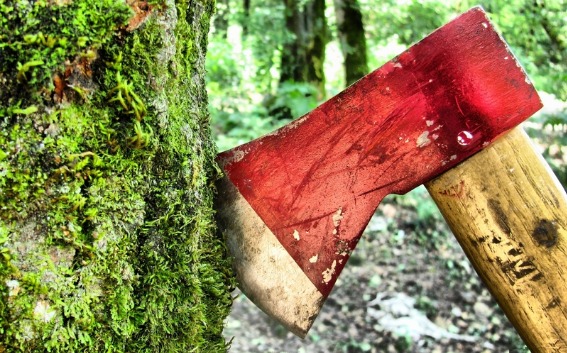
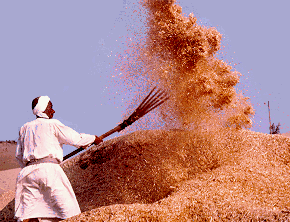 A winnowing fan was a cross between a rake and a shovel so that large scoops of grain could be tossed into the air while also creating a bit of breeze. The heavier grain would fall back to the ground, while the lighter chaff would get blown off to one side, where it would pile up against a low wall of the threshing floor.
A winnowing fan was a cross between a rake and a shovel so that large scoops of grain could be tossed into the air while also creating a bit of breeze. The heavier grain would fall back to the ground, while the lighter chaff would get blown off to one side, where it would pile up against a low wall of the threshing floor.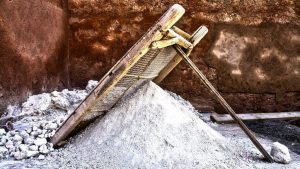 As an interesting side note, the term asbestos not only means “unquenchable” but also refers to calcium oxide (or quicklime) that was made in the lime kilns of the ancient world, which, after being slaked with water, was widely used for art and construction. When a human body is completely burned, the ash it leaves behind looks very similar to asbestos, or calcium oxide (See
As an interesting side note, the term asbestos not only means “unquenchable” but also refers to calcium oxide (or quicklime) that was made in the lime kilns of the ancient world, which, after being slaked with water, was widely used for art and construction. When a human body is completely burned, the ash it leaves behind looks very similar to asbestos, or calcium oxide (See 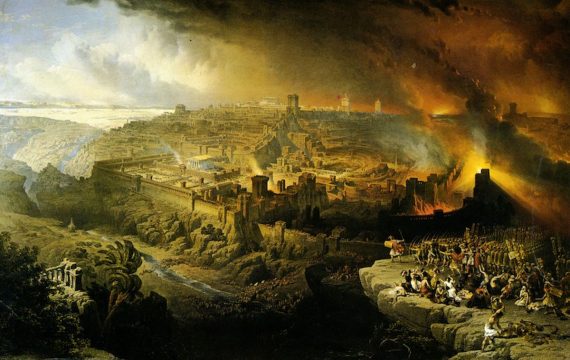
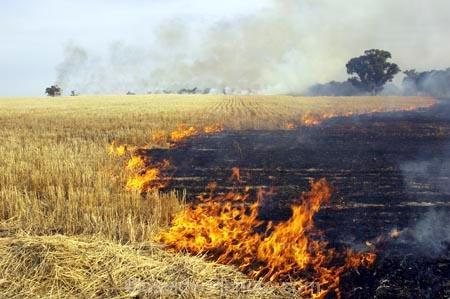 So John is not warning the people about going to hell where they will be tortured forever in flames.
So John is not warning the people about going to hell where they will be tortured forever in flames.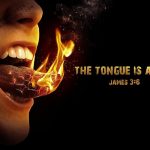
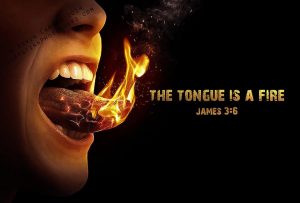 Since the book of James is likely one of the earliest New Testament writings, James is heavily reliant upon the Hebrew Scriptures. And since James was a leader in the Jerusalem church and a half-brother to Jesus, he seems to base his letter upon the teachings of Jesus in the Sermon on the Mount.
Since the book of James is likely one of the earliest New Testament writings, James is heavily reliant upon the Hebrew Scriptures. And since James was a leader in the Jerusalem church and a half-brother to Jesus, he seems to base his letter upon the teachings of Jesus in the Sermon on the Mount.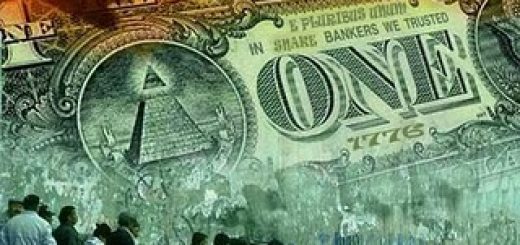
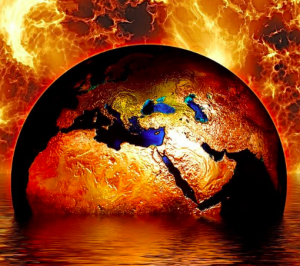 So where is hell? It is here, on this earth.
So where is hell? It is here, on this earth.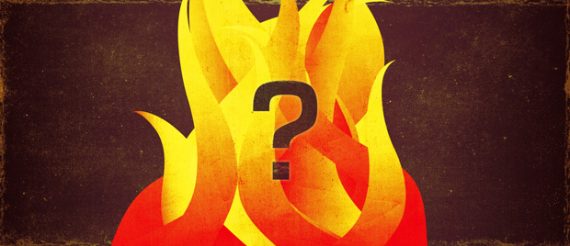
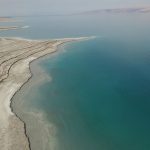
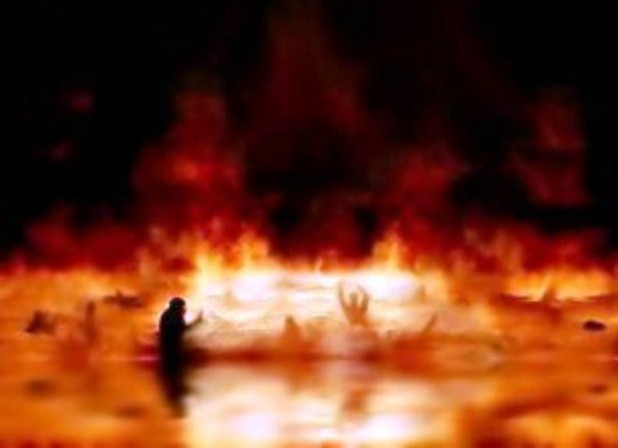

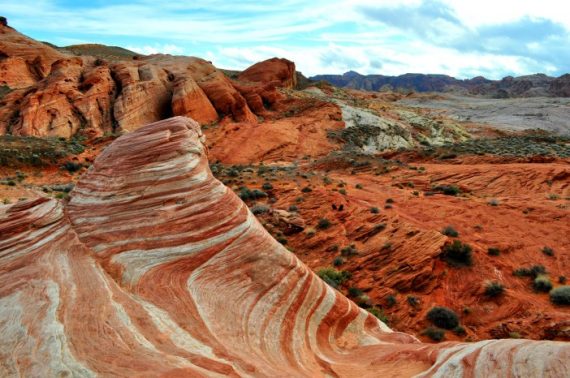
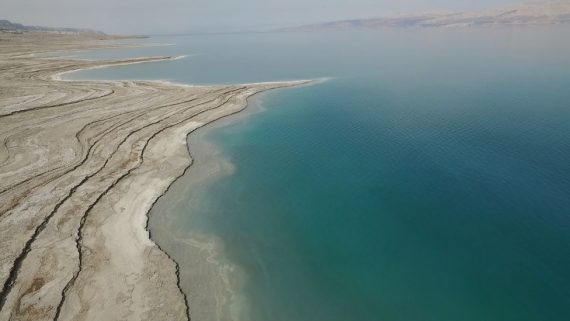
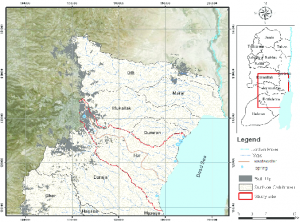 After the destruction of Jerusalem in 70 AD, the bodies of over one million Jews were thrown into the Valley of Hinnom outside of Jerusalem, where they were then burned. When the rains come, much that is in the valley is washed down into the Dead Sea through the Wadi an-Nar, or the “Streambed of Fire” (Spencer, (#AmazonAdLink)
After the destruction of Jerusalem in 70 AD, the bodies of over one million Jews were thrown into the Valley of Hinnom outside of Jerusalem, where they were then burned. When the rains come, much that is in the valley is washed down into the Dead Sea through the Wadi an-Nar, or the “Streambed of Fire” (Spencer, (#AmazonAdLink) 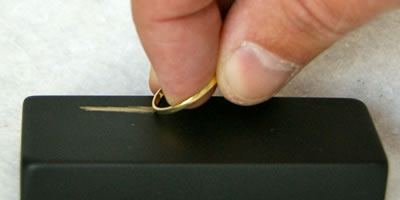
 Currently, we have a “way out” through death and resurrection. But if there is no death, there can be no resurrection, and so those who experience the eternal second death (living in the realm of death, but never dying) are living in a hell of their own making.
Currently, we have a “way out” through death and resurrection. But if there is no death, there can be no resurrection, and so those who experience the eternal second death (living in the realm of death, but never dying) are living in a hell of their own making. C. S. Lewis’ theological fantasy book, (#AmazonAdLink)
C. S. Lewis’ theological fantasy book, (#AmazonAdLink) 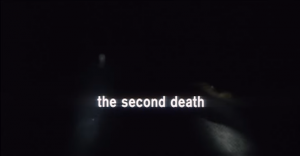 This way of living is not really “living,” however, and such people will ultimately find themselves separated, not only from God, but also from all other people. The Bible calls it the second death (Rev 21:8).
This way of living is not really “living,” however, and such people will ultimately find themselves separated, not only from God, but also from all other people. The Bible calls it the second death (Rev 21:8).